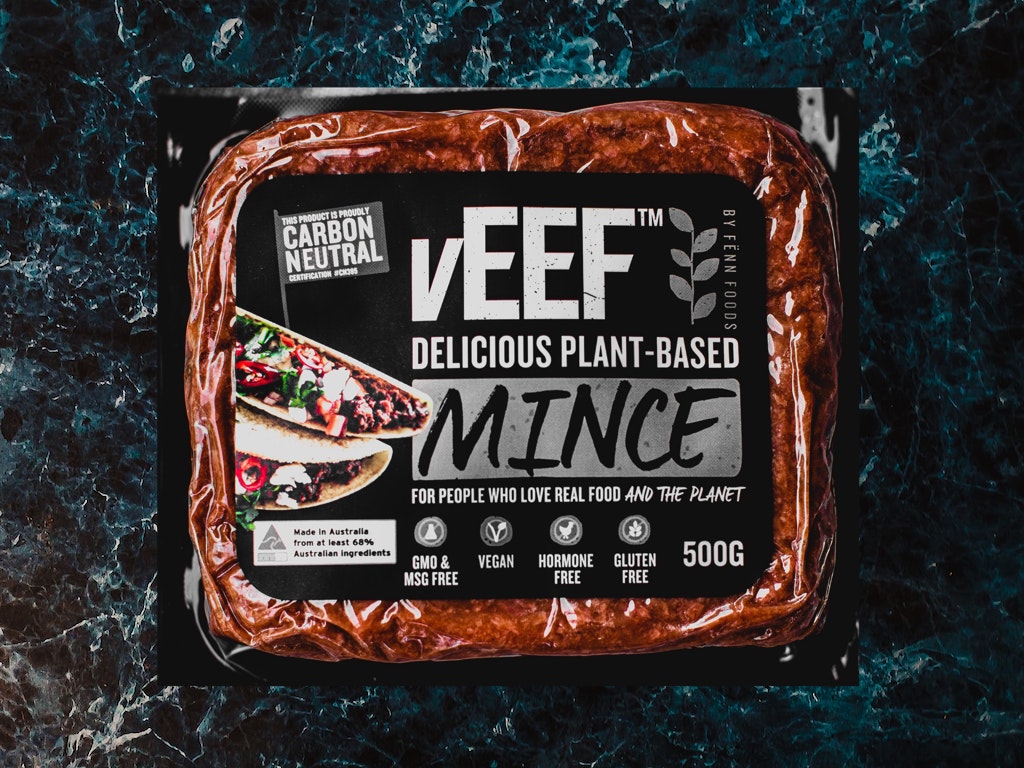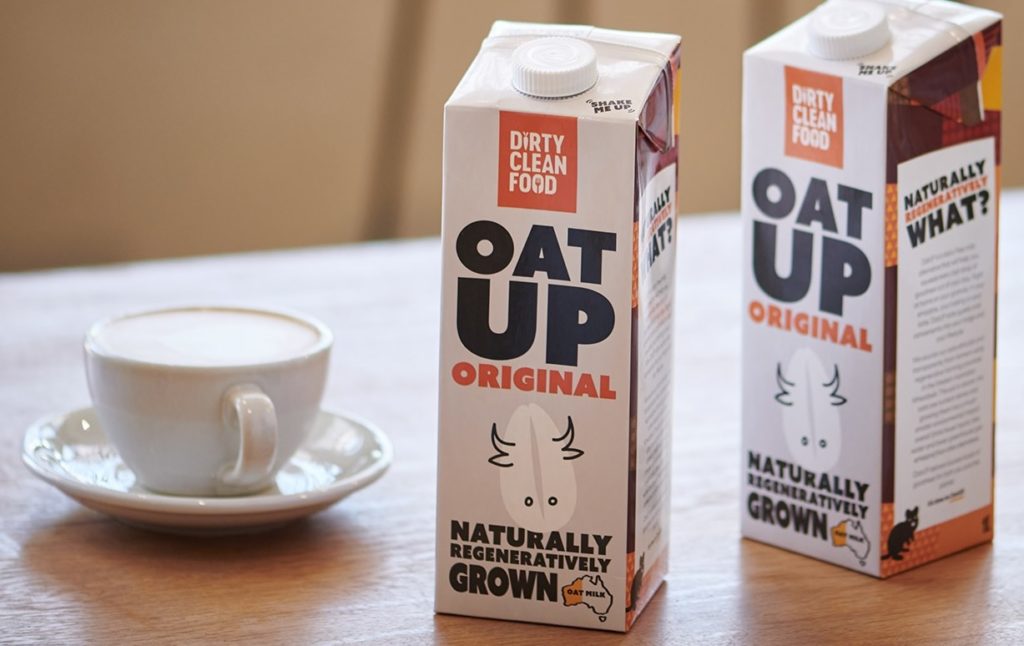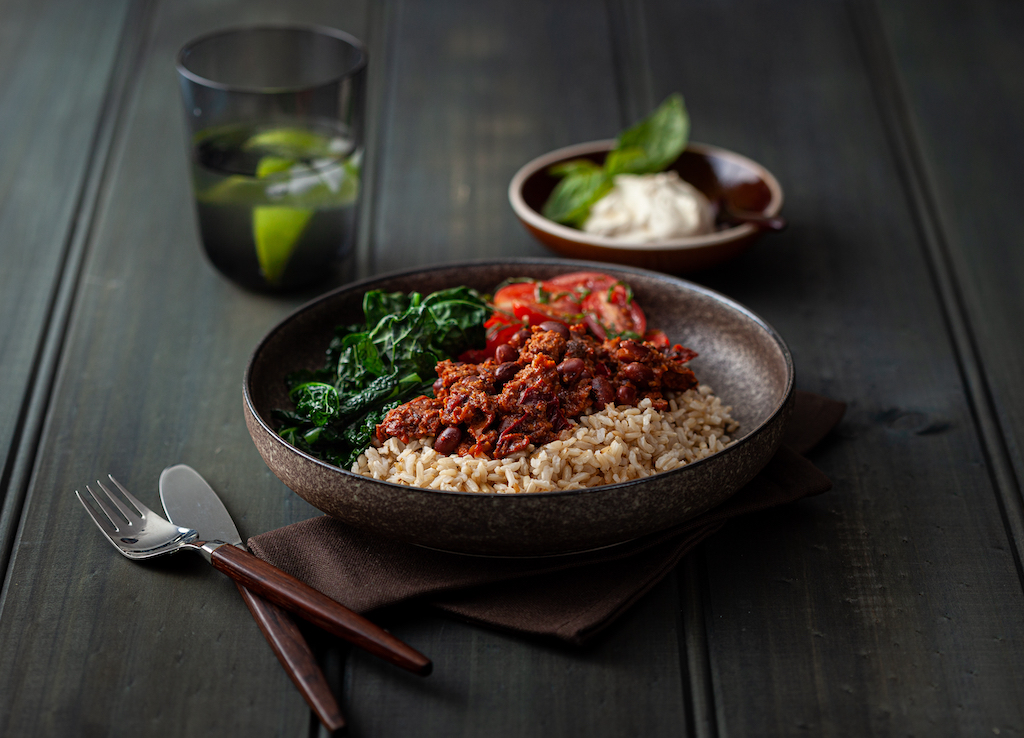Australia’s Plant-Based Products Predicted To Reach Up To $9 Billion Valuation By 2030, New Report Suggests
4 Mins Read
Australia is being heralded as a plant-based protein powerhouse of the future. A new report by government agency CSIRO has cited the sector could be worth between between $3 billion and $9 billion, by 2030. Current figures suggest the sector is worth $140 million. Key drivers will be domestic grocery partnerships, increased international exports and tech-driven innovation.
CSIRO’s Australian protein roadmap looks at the industry as a whole. It breaks down relevant sub-categories, with plant-based developments representing a self-contained sector. As a starting point, the report highlights the importance of wider protein reserves in order to feed the anticipated additional two billion people on the planet by 2050. It acknowledged that sustainable sources will become increasingly vital. Australia is already considered a global leader in protein supply, thanks to its lamb exports. Domestically produced plant-based alternatives will secure that position even further.

The road to food security
The CSIRO report makes no bones about the fact that the plant-based sector in Australia is growing at an exponential rate. However, it acknowledges that more can be done to ensure the value-added nature of Australian protein sources. The country exports up to 70 percent of bulk protein commodities produced, including legumes and grain, which could be used to attract increasingly profitable partnerships. Differentiated protein products are cited as a potential growth area, with higher value vegan meat alternatives named as having the power to generate far more export revenue.
Out of ten suggestions for growth strategies, two are specifically linked to plant-based food production. CSIRO identifies the development of both ingredients and final products are key drivers. The report alludes to the animal-free sector as complementing, not competing with Australia’s meat industry. There are still obstacles to overcome, however.

Hindering Australia’s progress
Three issues offer resistance to Australia becoming a recognised source of plant-based protein: grocery chain monopolies, global perceptions of Australia as a meat-protein leader, and infrastructure. The first can be adequately tackled by seeking increased strategic partnerships with Coles and Woolworths, on non-exclusive grounds, to allow for wider distribution through independent channels. Production of private label plant-based goods for both is an interesting area as well. Changing perceptions that Australia is a meat exporter will come in time. The final issue is already being tackled.
Last month, a new project launched to convert South Australia into a global plant-based protein hub. Three new production plans are in progress, at a cost of AU$378 million. The project is being delivered thanks to funding from the Morrison Government, the state government, and a coalition of Australian Plant Proteins’ (APP) interests. The project is anticipated to create in excess of 8,500 full-time jobs. More than AU$500 million is expected to be added to the state’s economy as a result, contributing significantly to the predicted $9 billion plant-based valuation by 2030.

Australia’s plant-based pioneers
2020 saw a rise of 46 percent in Australian plant-based sales. This has cemented existing companies in the sector and encouraged the launch of new enterprises. V2food remains a stalwart of antipodean veganism. Based in Sydney, the company has expanded its product range to include beef, chicken and pork analogues, the latter of which have proved popular in Asian markets. In August last year, V2food revealed it had closed a $54 million Series B Plus funding round to support an international launch.
In February, Fënn Foods announced it had scored $3 million to increase production of plant-based foods. Funding was raised to allow for company-wide expansion, plus refining of existing processes. The move was deemed essential in light of a boom in plant-based meat popularity within Australia.
Not to be left behind, the alt-dairy industry is looking to grow too.
Wide Open Agriculture revealed it had scooped $20 million, back in December, to move to fully domestically-sourced ingredients and production methods. The proposed regenerative oat milk will be a feather in the cap for locally-made plant-protein products. The company is looking to divert excess funds towards the creation of a lupin protein development centre. Given the burgeoning popularity of lupin, this could prove significant in months to come.
Lead photo by V2food.





